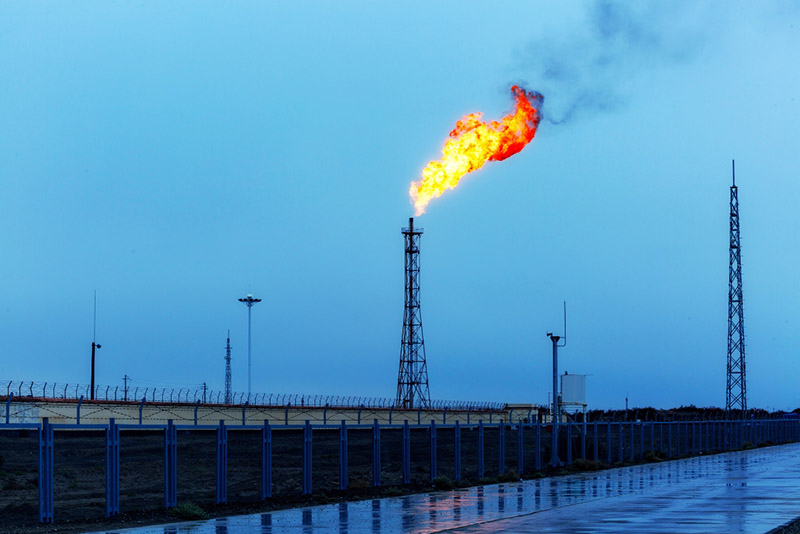
Alexandroupolis FSRU receives first commercial LNG cargo
Energy News Beat The 2009-built 165,500-cbm, Seapeak Magellan, which is on charter to France’s TotalEnergies, was located at the 153,600-cbm FSRU, Alexandroupolis, on October 3,

The IRS code allows for percentage or cost depletion allowances to help owners account for the depletion of reserves during the production and sale of oil and gas.
Depletion allowance is a deduction from gross income that reflects the reduction of mineral deposits. This deduction encourages investment in oil and gas production by providing a tax incentive for the cost depletion of reserves.
Individuals or entities with an economic interest in a mineral deposit, such as natural gas reserves, can claim the oil depletion allowance. This interest exists if:
The IRS sets different depletion rates for various natural resources. Some examples include:
The depletion allowance makes investing in oil and gas wells a highly tax-favored option in the United States. Independent oil and gas producers and small investors can enjoy tax-free income of approximately 15% of their gross income from oil and gas operations.
There is no limit on the total amount that can be deducted for non-renewable resource depletion. However, percentage depletion can only be applied to oil and gas properties that generate net income. If a property incurs a net loss in a tax year, percentage depletion cannot be applied, and it is typically capped at 50% of net income.
Two methods are used to calculate the oil depletion allowance: cost depletion and percentage depletion. If net income is less than 15% of gross income, the percentage depletion deduction is limited to 100% of net income.
Under U.S. tax law, anyone with an economic interest in a mineral deposit can benefit from the oil depletion allowance. This significant subsidy provides a tax-advantaged investment opportunity for investors in the United States. The allowance varies for different natural resources, and royalty owners in oil and gas operations enjoy a taxable income limit

Energy News Beat The 2009-built 165,500-cbm, Seapeak Magellan, which is on charter to France’s TotalEnergies, was located at the 153,600-cbm FSRU, Alexandroupolis, on October 3,

Energy News Beat McDermott announced the engineering, procurement, construction, and installation (EPCI) contract in a statement on Thursday. The company did not provide the contract

Energy News Beat Pouyanne discussed the Mozambique LNG project during TotalEnergies’ strategy and outlook presentation in New York on Wednesday. According to the company, the

Energy News Beat The agency said in its weekly report, citing shipping data provided by Bloomberg Finance, that the total capacity of these 25 LNG